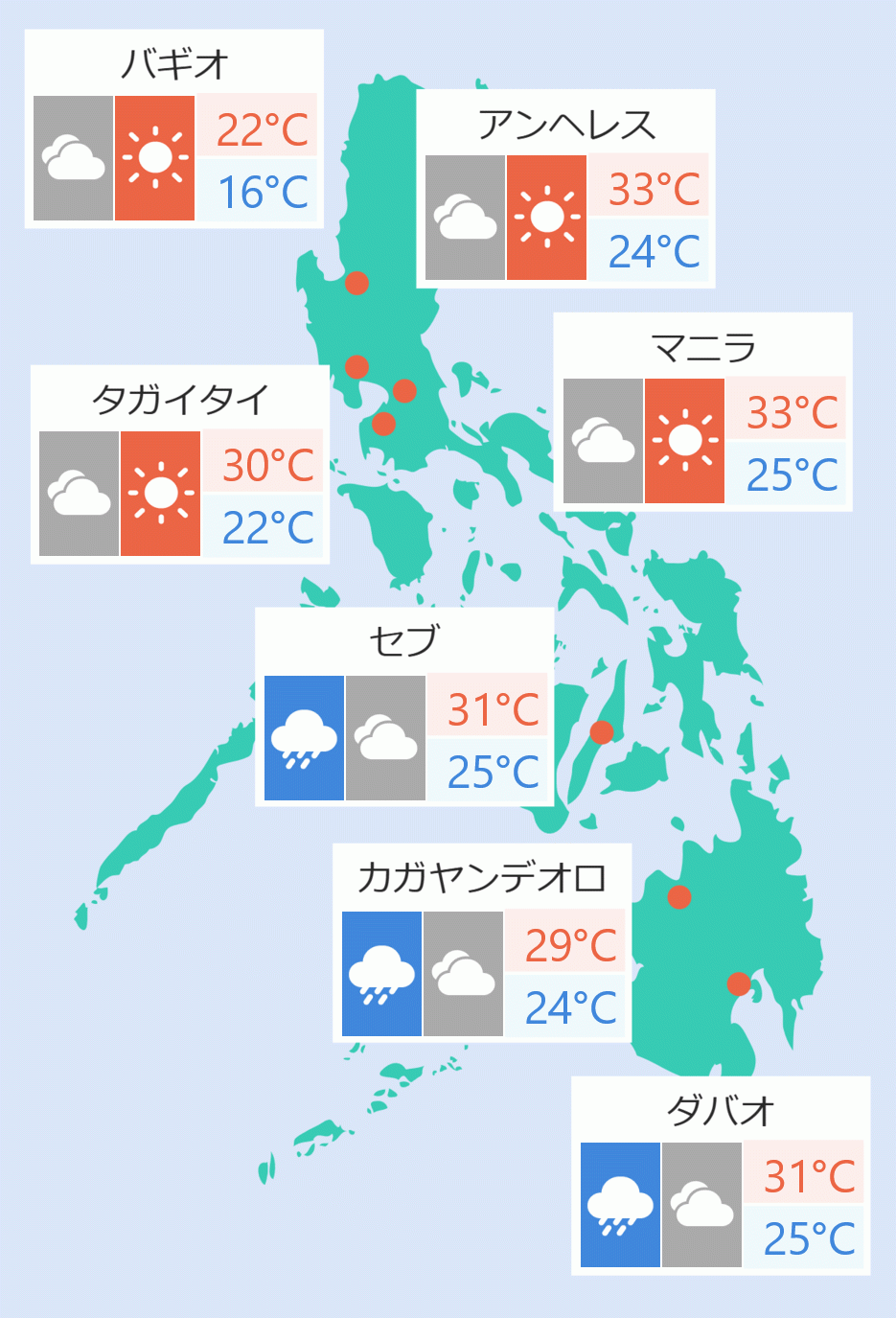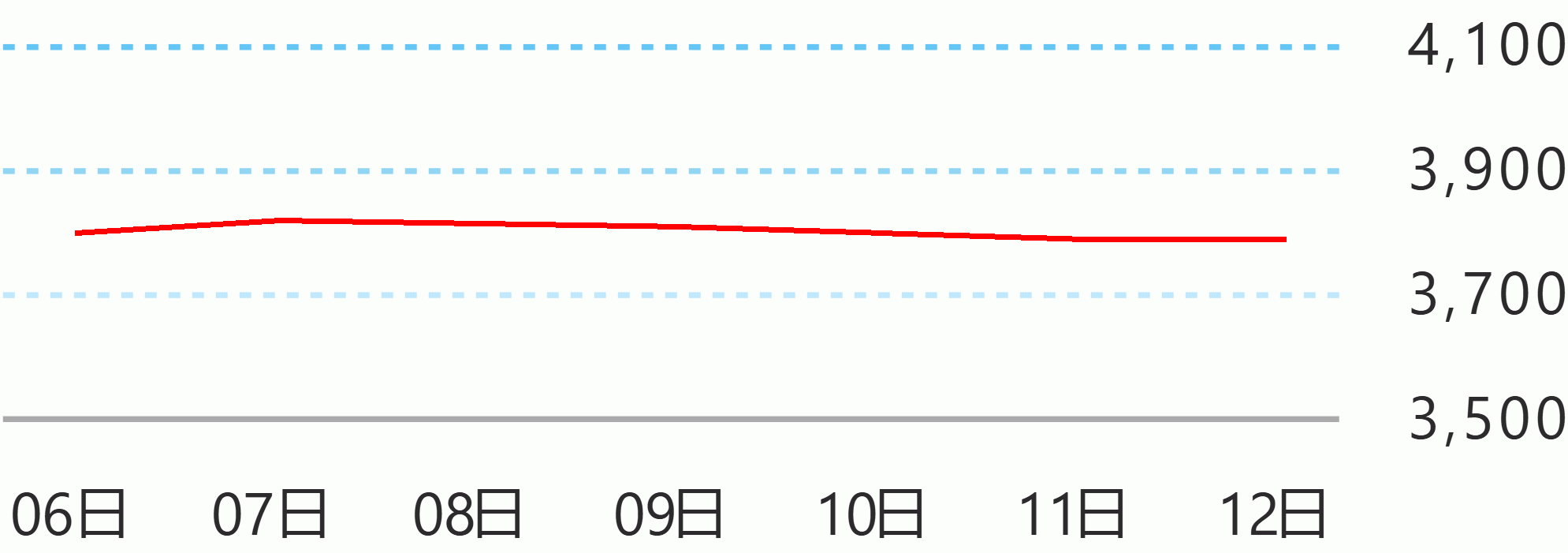President Ferdinand Marcos Jr. ordered the Department of Transportation (DOTr) to fast track an agreement with Japanese and French companies for the maintenance of the country's aviation safety system.
Transportation Secretary Jaime Bautista said Marcos issued his directive during a sectoral cluster meeting on Tuesday morning.
During the meeting, Bautista informed the president about the update on the system glitch incident that occurred last January 1.
"The President is very much aware of what happened and he supports our recommendation to implement future requirements necessary for the upgrade or improvement of the CNS/ATM system, which includes hardware and software maintenance, hardware replacement, ultimate fallback system for software redundancy and the need for an independent CNS/ATM (Communication, Navigation and Surveillance/Air Traffic Management) in a separate location," he said.
"He also instructed us to continue the maintenance of all existing equipment and at the same time he wanted us to fast track the arrangement for a maintenance agreement with Sumitomo-Thales who is the provider of the system," he added.
Bautista said despite the payment issues with the two foreign companies, the president wants to have a permanent maintenance agreement with the Sumitomo Corporation and Thales Corp.
"He said it is much better to have a permanent maintenance agreement with the suppliers, because we did not have a permanent maintenance agreement with them, since the system warranty expired in 2020," he said.
"One of his (Marcos) recommendations is to enter into an agreement with the supplier and separate the issue of claims, which we have already communicated with the supplier even before. We met with Sumitomo-Thales a few weeks ago and we suggested that we negotiate for a permanent maintenance agreement pending the settlement of the issues," he added.
Bautista noted that according to the suppliers the upgrade of the system software should be done twice yearly but there was no upgrade done since the expiration of the system warranty in 2020.
Bautista said one of the long term solutions of the government is "not just to upgrade the system but to put up a permanent backup."
"What is important is to have a permanent back-up system which can be located in another site which can operate simultaneously with the existing system, which will backup to each other," he added.
Bautista did not say how much the system upgrade will cost which will also be part of the negotiation between the Philippine government and suppliers.
"They have not yet informed us about the price as of now because this will be part of the negotiation that we will do," he said.
"We will need to prepare a feasibility study to do this and for us to be able to determine the cost which we will present to NEDA for approval and for funding either from ODA( official development assistance) or from GAA (general appropriation)," he added.
Bautista expressed hope that by the end of the month the government and the two foreign companies will be able to find ways to settle the payment issues between them.
"As early as September, we have been working with Sumitomo-Thales about this. There are issues that we need to thresh out. We need to settle some financial issues with them. They have a claim against the government, and the government also has a claim against them and they are just trying to settle this and hopefully by the end of this month, there is already a clear indication on how we will be able to settle the issue," he said.
It can be recalled that the Sumitomo-Thales joint venture has an unpaid claim of P986 million against the Philippines for the installation of the country’s air traffic management system while the government claims P644 million against the joint venture for the delay in the delivery of the system.
As he claimed that the incident that delayed several flights last Sunday was just because of scheduled maintenance, Bautista noted that the DOTr is expecting that such problems will not happen again in the future.
With all the initiatives of CAAP, its engineers, proper coordination with the supplier ‘no, we’re not expecting this to happen again. Robina Asido/DMS





 English
English









